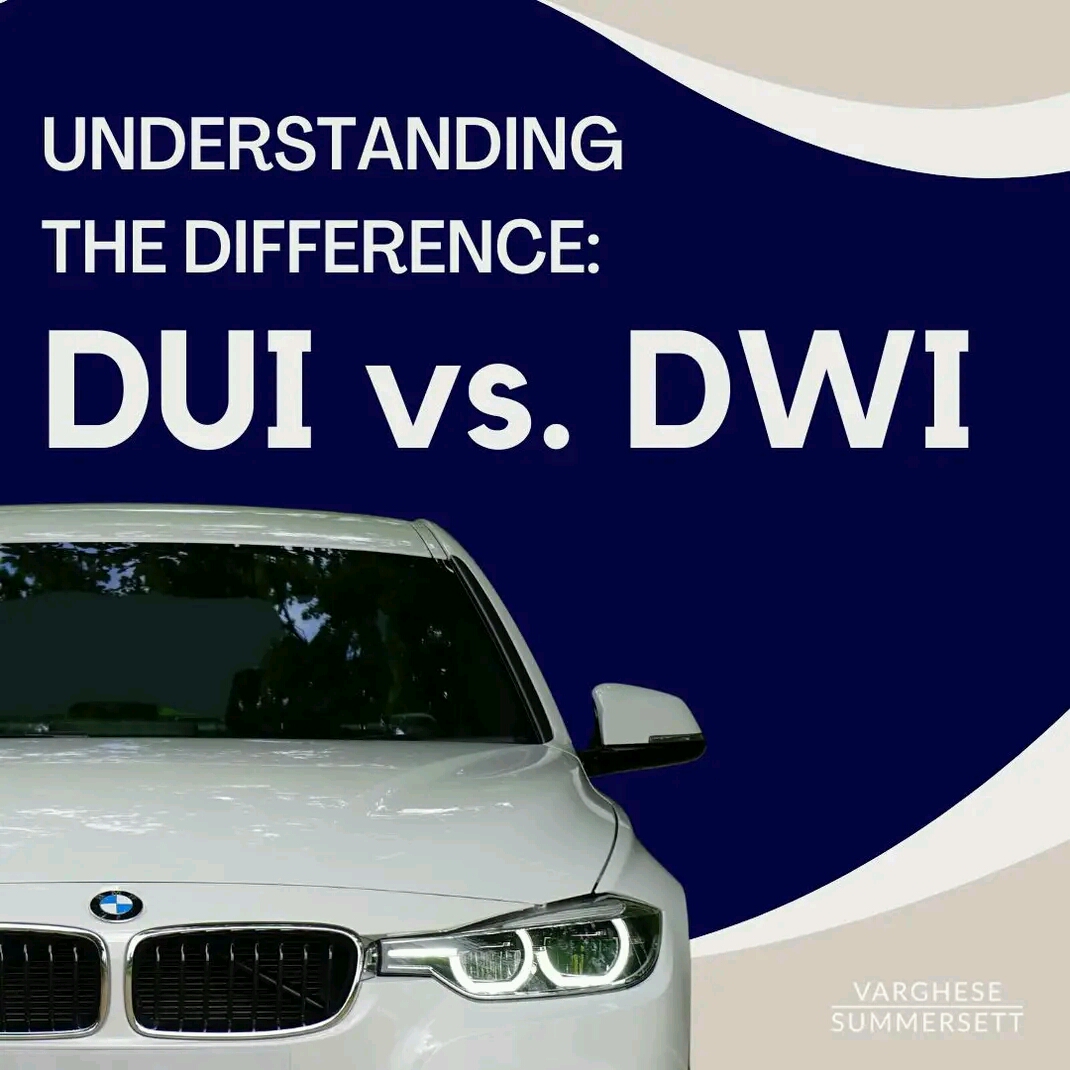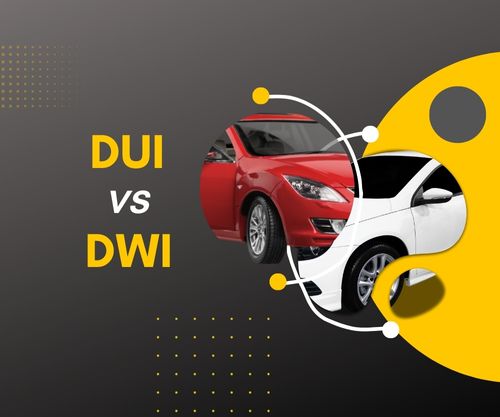
DUI vs DWI : Differences And Similarities
DUI and DWI are both terms that are commonly used to describe illegal activities related to driving under the influence of drugs or alcohol. However, the specific definition of these terms may vary depending on the state or jurisdiction in which the offense occurred.
Generally speaking, DUI stands for “driving under the influence,” while DWI stands for “driving while intoxicated” or “driving while impaired.” In some states, the terms may be used interchangeably, while in others, they may refer to slightly different offenses or carry different penalties.

In some states, a DUI may refer specifically to driving while under the influence of alcohol, while a DWI may refer to driving while under the influence of drugs or a combination of drugs and alcohol. Additionally, some states may have different levels or degrees of DUI or DWI offenses, depending on the driver’s blood alcohol concentration (BAC) or other factors.
It’s important to note that regardless of the specific terminology used, both DUI and DWI are serious offenses that can result in significant legal consequences, including fines, license suspension or revocation, and even jail time.
DUI and DWI are both considered to be serious criminal offenses because they can lead to dangerous situations on the road and increase the risk of accidents, injuries, and fatalities. The consequences of a DUI or DWI conviction can vary depending on a number of factors, such as the driver’s BAC level, prior criminal history, and the specific circumstances of the offense.
In many cases, a first-time DUI or DWI conviction can result in fines, community service, probation, and mandatory participation in alcohol or drug education programs. Some states may also require the installation of an ignition interlock device, which requires the driver to pass a breathalyzer test before starting the car.
For repeat offenders or those who cause serious injuries or fatalities while driving under the influence, the penalties can be much more severe. In some cases, a DUI or DWI conviction can result in significant fines, extended jail time, and even permanent revocation of the driver’s license.
It’s important to note that the legal limits for BAC levels and the penalties for DUI or DWI convictions can vary from state to state. If you are facing DUI or DWI charges, it’s important to consult with a qualified attorney who can help you understand your legal rights and options.
In addition to the legal consequences of a DUI or DWI conviction, there can also be significant social and personal consequences. For example, a DUI or DWI conviction can result in a tarnished reputation, difficulty finding employment, and strained personal relationships.
Furthermore, a DUI or DWI conviction can impact your car insurance rates. Insurance companies consider drivers with a DUI or DWI conviction to be high-risk drivers, which can result in much higher insurance rates, or even denial of coverage altogether.
To avoid the legal, social, and personal consequences of a DUI or DWI conviction, it’s important to never drive under the influence of drugs or alcohol. If you plan to drink or use drugs, make arrangements for a designated driver, use public transportation, or call a ride-sharing service like Uber or Lyft.
If you are facing DUI or DWI charges, it’s important to take the situation seriously and seek legal representation as soon as possible. An experienced attorney can help you navigate the legal process, protect your rights, and potentially reduce or eliminate the charges against you.
DUI vs DWI : Differences And Similarities

Differences Between DUI And DWI
DUI and DWI are both terms used to describe the crime of driving under the influence of alcohol or drugs. However, the specific meaning of these terms can vary depending on the jurisdiction.
In some states in the US, DUI (driving under the influence) is used to describe the offense of driving with a blood alcohol concentration (BAC) above the legal limit, while DWI (driving while intoxicated) is used to describe the offense of driving while impaired by alcohol or drugs, regardless of BAC.
In other states, the terms may be used interchangeably, or one term may be used exclusively.
It’s important to note that regardless of the specific terminology used, driving under the influence of alcohol or drugs is a serious crime with potentially severe legal and personal consequences.
In some states, the distinction between DUI and DWI may also depend on the severity of the offense or the level of impairment. For example, some states may use the term DUI for cases where the driver’s BAC is between 0.08 and 0.10%, and use the term DWI for cases where the driver’s BAC is higher than 0.10%. Other states may use the terms interchangeably, with no distinction based on BAC levels.
In addition, some states may have different penalties and consequences for DUI and DWI convictions. For example, a DUI conviction may result in a lesser penalty than a DWI conviction, or vice versa. Penalties may include fines, license suspension or revocation, mandatory alcohol education or treatment programs, and even jail time.
It’s also worth noting that the legal BAC limit for driving can vary from state to state and country to country. In the United States, the legal limit is generally 0.08% BAC, but some states have lower limits for certain groups, such as commercial drivers or those under the age of 21.
Overall, while the specific meanings of DUI and DWI may vary depending on the jurisdiction, both terms refer to the serious offense of driving under the influence of alcohol or drugs, and can result in significant legal and personal consequences.
DUI vs DWI : Differences And Similarities

Similarities Between DUI And DWI
DUI (Driving Under the Influence) and DWI (Driving While Intoxicated) are both criminal offenses related to driving while impaired by alcohol or drugs. There are some similarities between these two terms, which are:
Both DUI and DWI are criminal offenses: Both DUI and DWI are criminal charges that can lead to serious legal consequences, including fines, license suspension, and even imprisonment.
Both involve driving while impaired: Both DUI and DWI involve driving while impaired by alcohol or drugs. The difference between the two terms lies in the level of impairment.
Both carry similar penalties: The penalties for DUI and DWI are often similar and can include fines, license suspension, and the requirement to attend alcohol or drug treatment programs.
Both can be determined by blood alcohol concentration (BAC) tests: Both DUI and DWI can be determined by measuring the driver’s blood alcohol concentration (BAC) using a breathalyzer or blood test.
Both can result in increased insurance rates: A DUI or DWI conviction can result in increased insurance rates or even the loss of coverage altogether.
It’s worth noting that the specific legal definitions and penalties for DUI and DWI can vary depending on the jurisdiction, so it’s important to check the specific laws in your area.





